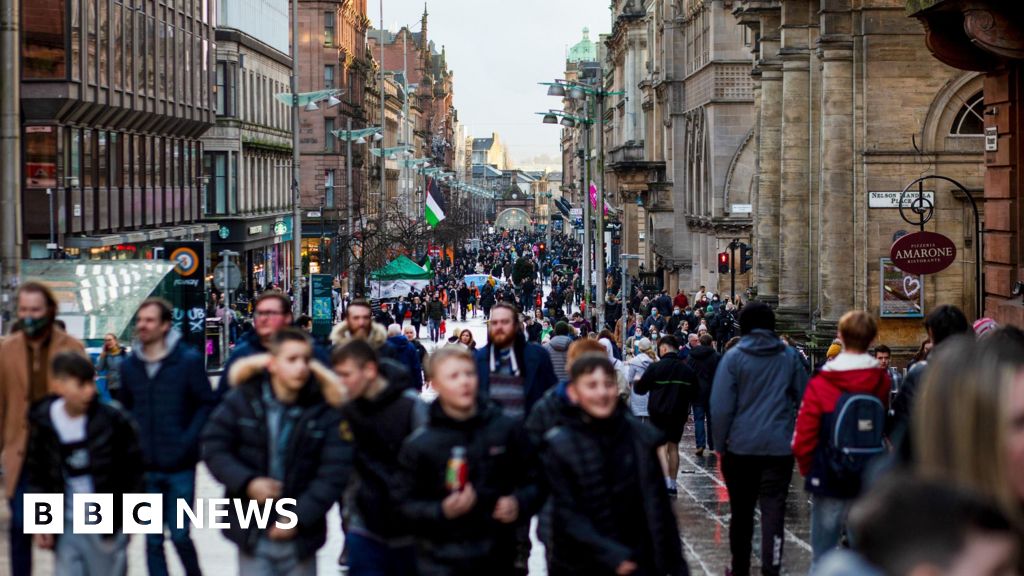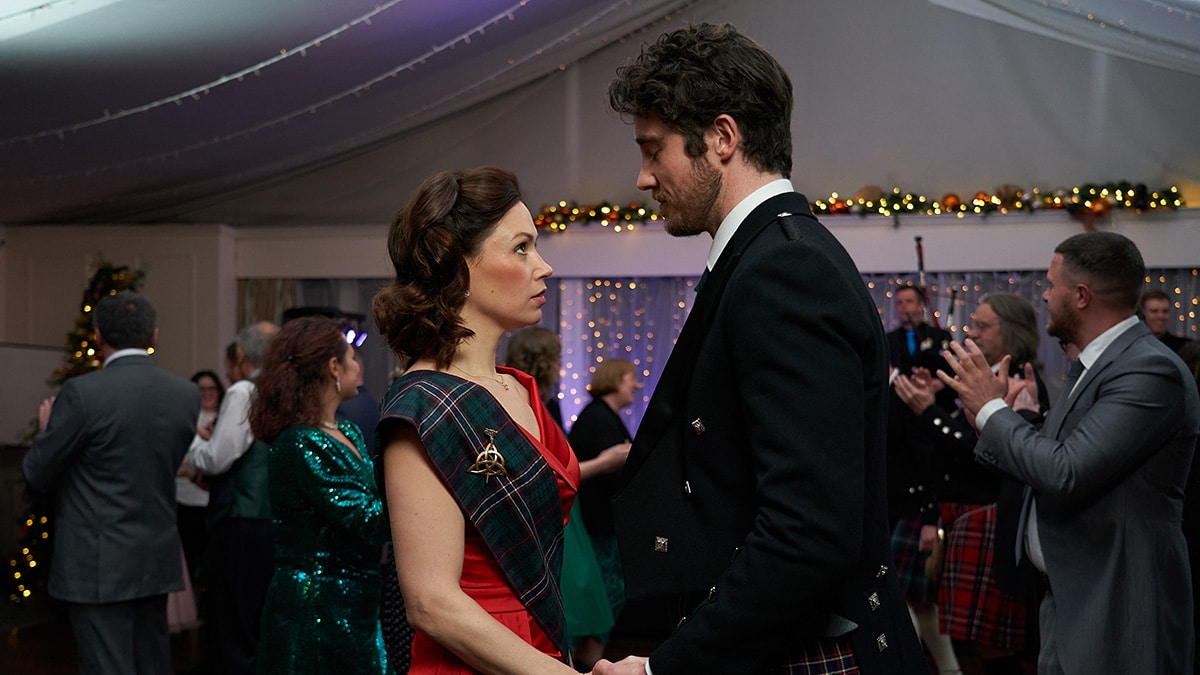Bussiness
Butterfly emergency declared as count results reveal lowest numbers on record – Scottish Business News

WILDLIFE charity Butterfly Conservation has today declared a national ‘Butterfly Emergency’, with results of this summer’s Big Butterfly Count showing a marked and hugely concerning decline in numbers.
Overall, participants across Scotland spotted just five butterflies on average per 15-minute Count, one less than last year’s average of six, and the lowest in the 14-year history of the Big Butterfly Count.
Twelve species (71%) showed a reduction in numbers compared with 2023. Small Tortoiseshell, Painted Lady, Red Admiral and Scotch Argus fared poorly compared to last year, with these species experiencing their worst year in the history of the Big Butterfly Count. Green-veined White had its second worst year in the Count this year.
Holly Blue was down by 42%, having had its best ever Big Butterfly Count in Scotland last summer. This species is a relatively recent arrival in Scotland, becoming established in Edinburgh in 2006 and in Ayr in 2008.
Peacock numbers were also down a staggering 94% this year, having had their best summer in Scotland in 2023 since 2018.
In total, just over 935,000 butterflies and day-flying moths were recorded across the UK from 12 July – 4 August, down almost 600,000, equivalent to more than a third of 2023’s total, and 9,000 Counts were logged as seeing zero butterflies, the highest in the citizen science programme’s history. There were 22,818 butterflies spotted in Scotland, down more than 5,000 or almost 20% on 2023.
These figures have alarmed scientists and resulted in the charity declaring a nationwide ‘Butterfly Emergency’.
Dr Richard Fox, Head of Science at Butterfly Conservation, said: “The previous lowest average number of butterflies per Count across the UK was nine in 2022, this latest figure is 22% lower than that, which is very disturbing. Not just that, but a third of the species recorded in the Big Butterfly Count have had their worst year on record, and no species had their best. The results are in line with wider evidence that the summer of 2024 has been very poor for butterflies.
“Butterflies are a key indicator species; when they are in trouble we know that the wider environment is in trouble too. Nature is sounding the alarm call. We must act now if we are to turn the tide on these rapid declines and protect species for future generations.
Butterfly Conservation is writing an open letter to Steve Reed, Secretary of State for Environment, Food and Rural Affairs, calling for the Government to act now for nature by declaring a ‘Nature Emergency’ and banning butterfly-killing neonicotinoid pesticides once and for all, with no exceptions, before it’s too late.
Dr Fox explained: “When used on farmland, these chemicals make their way into the wild plants growing at field edges, resulting in adult butterflies and moths drinking contaminated nectar and caterpillars feeding on contaminated plants. Many European countries have already banned these chemicals, it’s time for the UK to follow suit and put the natural world first. If we don’t act now to address the long-term drivers of butterfly decline, we will face extinction events never before seen in our lifetime.”
More than 85,000 citizen scientists took part in Butterfly Conservation’s Big Butterfly Count this year, submitting 143,241 Counts. This is equivalent to 35,810 hours, or four years worth of time spent counting, in gardens, parks, school grounds and the countryside. In Scotland, a total of 5,620 Counts were submitted by 3,587 people.
Dr Richard Fox concluded: “If every single person who helped with the Count this summer in Scotland signs our letter to the Government, we could prevent the very real and pressing threat of species becoming extinct in our lifetime.”
To sign Butterfly Conservation’s letter to the Government asking them to declare a ‘Nature Emergency’ and ban butterfly-killing neonicotinoid pesticides visit: https://butterfly-conservation.org/emergency
Signing closes on Sunday 13 October 2024.
To find out more about Butterfly Conservation visit: https://butterfly-conservation.org/










